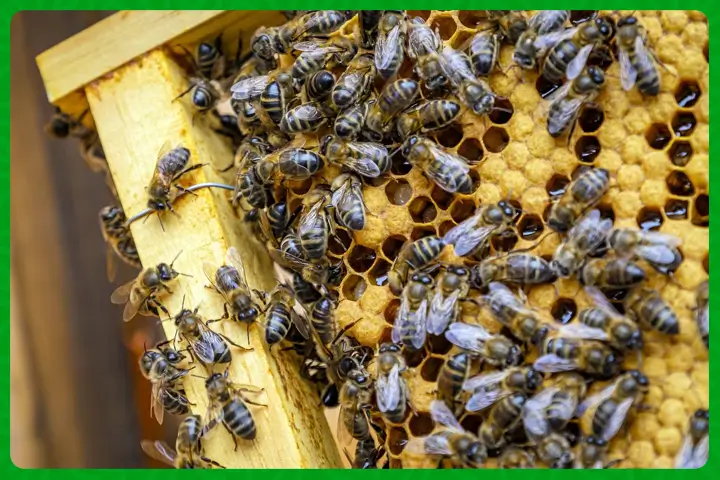
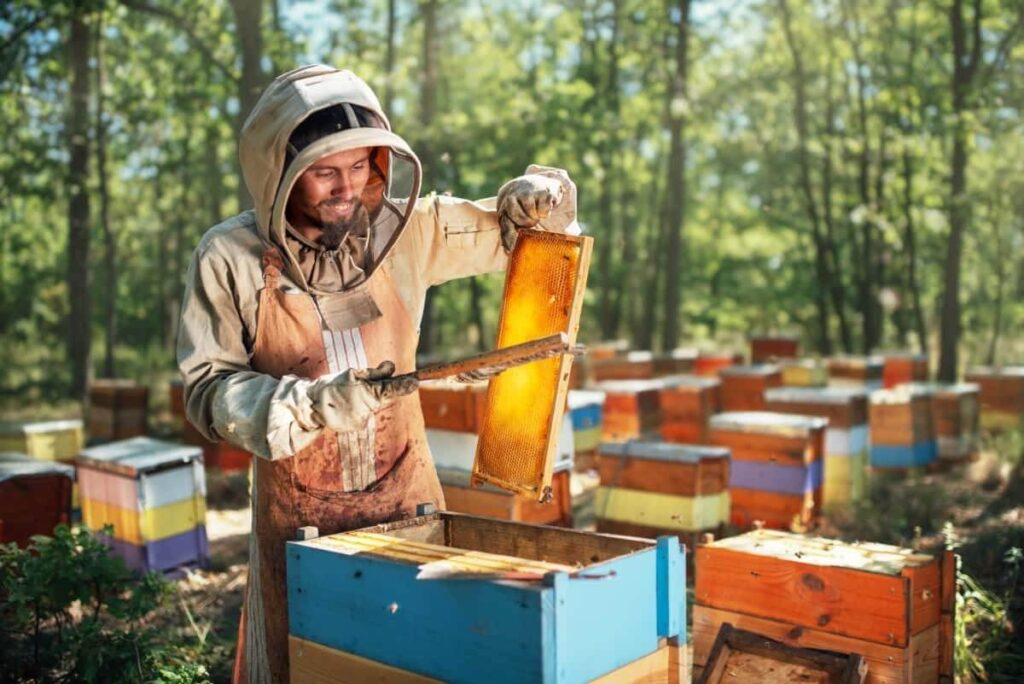
Apiculture is the practice of keeping bees for commercial or agricultural purposes, as well as the manufacturing of honey and beeswax. It involves the care and management of honey bees for the production of honey and wax.
Organic apiculture, which is the practice of organic beekeeping and honey production, can be very challenging due to various factors:
1. Pest and Disease Management: Organic beekeeping prohibits the use of synthetic pesticides and antibiotics. This makes it more challenging to control pests and diseases that can devastate bee colonies. Organic beekeepers must rely on alternative methods such as cultural practices, mechanical controls, and natural remedies.
2. Varroa Mites:Varroa destructor is a major threat to bee colonies worldwide. Organic beekeepers face difficulties in managing varroa mites without using synthetic chemical treatments, which can lead to colony losses if not effectively addressed.
3. Limited Chemicals: Organic apiculture adheres to strict guidelines that limit the use of synthetic chemicals. This restricts beekeepers’ options for controlling various pests, diseases, and pathogens that can affect bee health.
4. Forage/Flora Availability: Organic beekeepers need access to diverse and pesticide-free forage for their bees. Ensuring a sufficient and varied diet throughout the seasons can be challenging, especially in regions with limited organic floral resources. The different honey depends on the flora around the vicinity of the bee hive which evolves the unique organoleptic different flavours and colors.
5. Certification and Compliance: Achieving and maintaining organic certification requires adherence to rigorous standards and documentation. This administrative aspect can be time-consuming and demanding for beekeepers who are focused on managing their colonies.
6. Natural Reproduction: Organic apiculture often promotes natural bee reproduction methods over the use of purchased bee colonies. This can be more unpredictable and challenging than simply purchasing packaged bees.
7. Hive Material: Organic beekeeping often requires the use of untreated hive materials. This can lead to issues like wood degradation and increased maintenance demands for hive equipment.
8. Education and Skill Development: Organic beekeeping demands a deep understanding of bee biology, natural pest and disease control methods, and sustainable hive management techniques. Beekeepers need to invest time in learning and developing these skills.
9. Yield and Profitability: Organic honey production might yield lower quantities compared to conventional methods due to restrictions on hive treatments and management practices. This can affect the economic viability of organic apiculture.
10. Climate and Weather Challenges: Weather and climatic conditions can significantly impact bee health and forage availability. Organic beekeepers need to navigate these challenges while still adhering to organic principles.
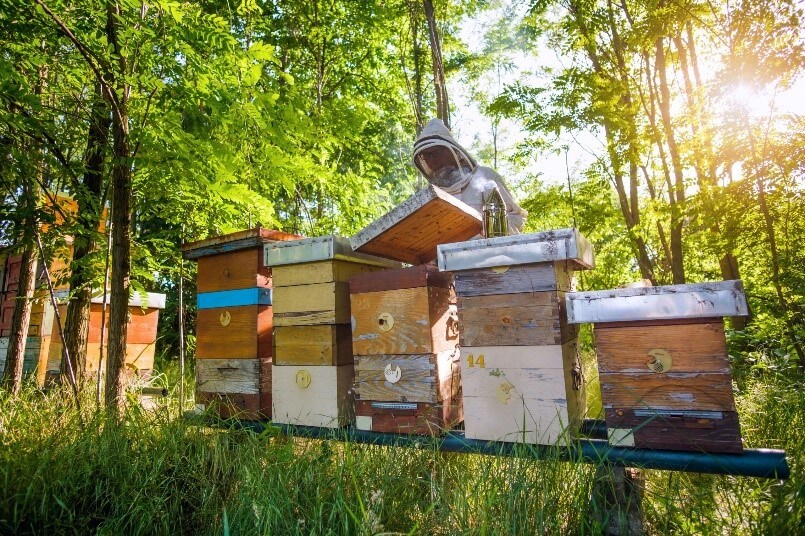
Regarding organic certification for apiculture farms, the specific requirements and regulations vary among countries Standards. However, in general, organic certification for beekeeping typically includes Beehive Management, Flora Sources, Water Source, timely allowed Organic medication and treatment with typically relying on non-chemical methods to manage pests and diseases, such as integrated pest management (IPM) techniques, genetic selection, and hive manipulations.
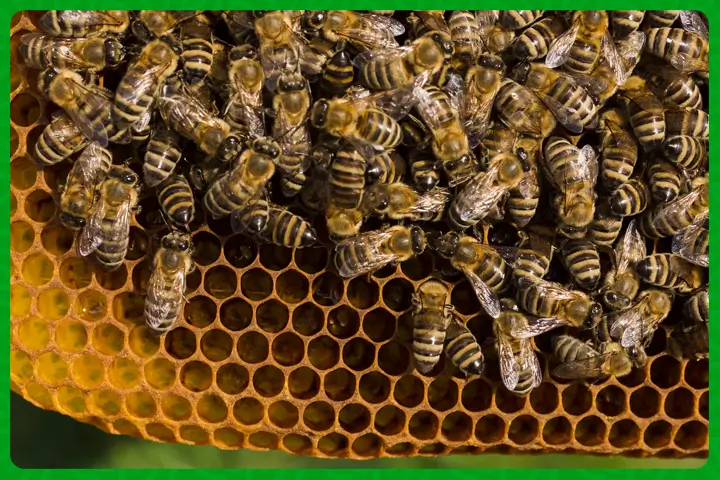
Honey is in great demand for several reasons, primarily due to its unique flavor, versatility, long shelf life and potential health benefits. It’s a natural sweetener that has been consumed for centuries and is used in a wide range of culinary and medicinal/cosmetic applications.
Here are some key factors contributing to the demand for honey:
1. Natural Sweetener: Honey is a natural alternative to refined sugar, making it a popular choice for those looking to reduce their sugar intake while enjoying a sweet flavor.
2. Distinct Flavors: Different types of honey are derived from various floral sources, giving them distinct flavors and aromas. Consumers appreciate the diversity of flavors that honey offers.

3. Nutritional Value: Honey contains various nutrients, including vitamins, minerals, and antioxidants. While it should be consumed in moderation due to its sugar content, it does provide some nutritional value.
4. Medicinal Properties: Honey has been used for its potential medicinal properties, including soothing sore throats, aiding in wound healing, and serving as a cough suppressant. Manuka honey, in particular, is known for its unique antibacterial qualities.
5. Natural and Unprocessed: Many consumers prefer honey because it is a minimally processed sweetener compared to refined sugars.
6. Culinary Uses:Honey is used not only as a sweetener but also as an ingredient in various recipes, such as marinades, dressings, desserts, and beverages.
7. Long Shelf Life: Honey has a long shelf life due to its low water content and acidic pH, making it an attractive option for both consumers and food manufacturers.
8. Local and Artisanal Appeal: Locally produced and artisanal honeys are gaining popularity, as they often have unique flavors that reflect the local flora and practices of beekeepers.
9. Environmental Awareness: Supporting honey production can also promote beekeeping and pollinator conservation, which is crucial for ecosystem health and agricultural sustainability.
Various products derived from honey bees that are sold in the market, here are some examples:
1. Honey: The most common and well-known product from honey bees, honey is collected from nectar and stored in honeycomb cells.
2. Beeswax: Beeswax is produced by bees to build their honeycomb. It’s used in cosmetics, candles, balms, and various other products.

3. Royal Jelly: A secretion produced by worker bees to feed the queen bee, royal jelly is sometimes sold as a dietary supplement due to its potential health benefits.
4. Bee Pollen: Collected from the pollen baskets of bees, bee pollen is consumed by humans as a nutritional supplement.

5. Propolis: Bees collect resin from trees and use it to make propolis, a substance used to seal gaps in the hive. It has potential medicinal properties and is used in various health products.

6. Bee Venom: Bee venom is collected from bees and used in certain alternative therapies, such as apitherapy.

Despite these challenges, many beekeepers are drawn to organic apiculture due to its environmental benefits, ethical considerations, and the growing demand for organic products. Overcoming these difficulties often requires a combination of careful planning, continuous learning, innovative approaches, and a commitment to sustainable beekeeping practices.
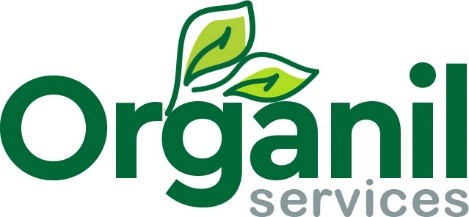
ORGANIL SERVICES STANDS & SUPPORTS SUSTAINABLE SAFE PRODUCTS WITH PROTECTION OF THE ENVIRONMENTAL ECODIVERSITY WITH RESPECT TO HUMAN AND ANIMAL WELFARE

ORGANIL SERVICES IS REGISTERED FOR ORGANIC CERTIFICATION CONSULTANCY AND EXPERTISE IN ACCREDITATION SETUP WITH ONGOING PROJECTS AROUND THE WORLD. WHY WAIT WHEN
ORGANIL SERVICES CAN DISCUSS POSSIBLE SOLUTIONS TO PRESENT, PAST OR PLANING ORGANIC
CERTIFICATIONS. WHATSAPP +91 8606551335 OR EMAIL orgnil40@gmail.com
Stay updated with the latest farming tips and agriculture industry news from Africa by subscribing to our newsletter. Don’t miss out on valuable insights and updates. Follow us on Twitter, LinkedIn, and Facebook to join our farming community and stay connected with us.



















